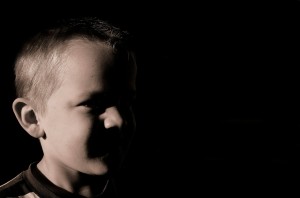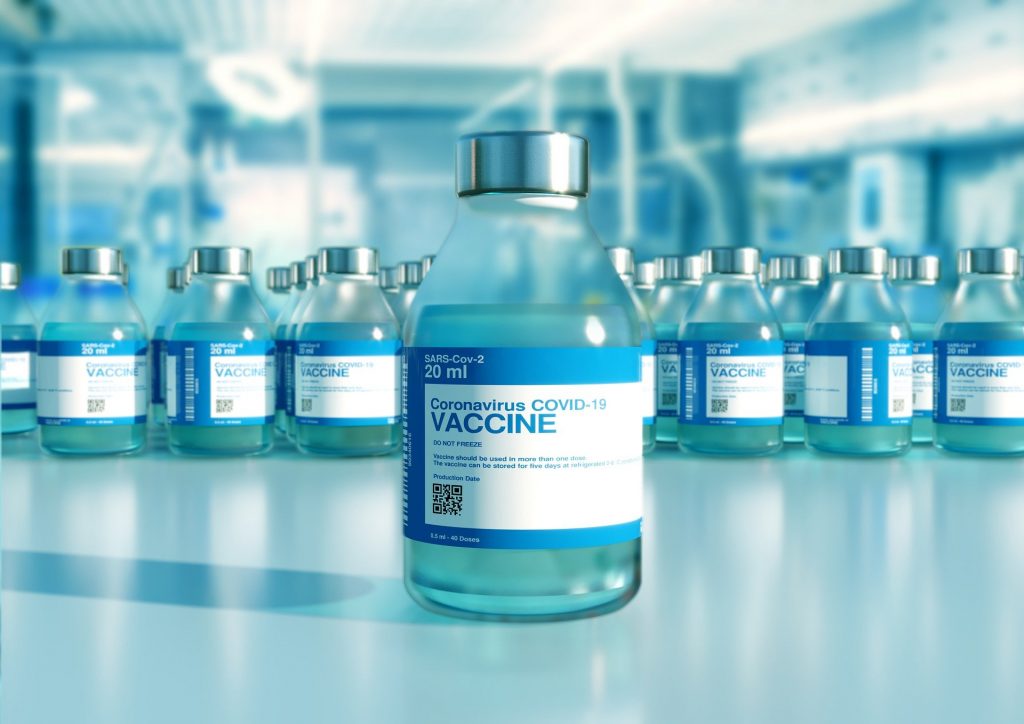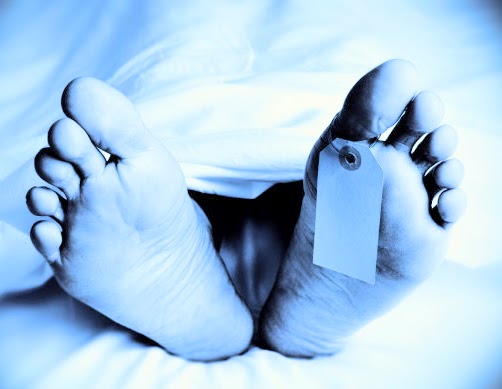 In my last post I made the following observation about professionals who agitate for the substantial lowering, if not outright abolition, of the age of consent.
In my last post I made the following observation about professionals who agitate for the substantial lowering, if not outright abolition, of the age of consent.
“To normalise the abnormal, there should be a ready supply of ‘useful idiots’. These are the journalists and quasi-intellectuals that can be relied on to give their blessing to the destruction of innocence perpetrated by decaying predators. That these ever-ready dim-wits exist should be obvious by the complicity of the press and broadcasting media that for decades suppressed complaints about the old pervert Jimmy Savile. Savile’s earthly span passed in a spirit of fearless predatory, necrophilic and paedophilic bliss. Those who challenged his revolting reign were ridiculed as, guess what, narrow-minded bigots. The alleged bigots were, needless to say, swiftly silenced. Police were fobbed off. Journalists, entertainers and managers lauded his antics as progressive. Giggling alongside the old abuser were police officers, judges, adminstrators and a catalogue of professionals who would have been on notice about the complaints leveled against him.”
No sooner had I tapped out this reflection but another pinstriped, serviceable dupe was brought to my attention. Barbara Hewson, a human rights and civil liberties barrister at London’s Hardwicke Chambers, made a name for herself earlier this year arguing for the lowering of the age of consent to 13 to bring Britain into line with Iran. This time she is in the news for having used the opportunity of an LSE platform to challenge the idea that ‘the victim is utterly innocent and the victimiser is utterly guilty’ in rape and sex abuse cases. Quite what these pronoucements are intended to achieve is unclear. Could she be making the uncontroversial claim that defendants are entitled to a fair trial once a charge has been laid? Not likely. This would neither warrant headlines in the national newspapers nor provoke the public reaction that it quite properly received. No. Her quasi-radical stance appears to fall squarely in the willing dupe category to which I referred earlier. Is she aware of the physical, psychological, emotional and social implications of rape for victims, their families, their health and their propensity to suicide? Is she aware of the implications of child abuse whose damaging consequences include depression,1 post-traumatic stress disorder2 anxiety, eating disorders, self-hate, dissociative and anxiety disorders; general psychological distress and disorders such as somatization, neurosis, chronic pain, concentration and behavior problems including substance abuse,3 destructive behavior, criminality in adulthood and suicide.4
But if the stated strategy of innovative-thinkers-who-happen-also-to-be-paedophile-activists is to be taken seriously, lowering and ultimately abolishing the age of consent may well be what is wanted. Whether or not this is her ambition, there is much to suggest she is doing the work of those who seek this outcome. In a controversial response to a case in which a judge scandalously described a 13-year-old sex attack victim as ‘predatory’, she tweeted: ‘It takes two to tango. Disgusting tho’ these men are, frankly the girls are often not much better – and no shrieking martyrs.’ Then, to add insult to injury she is on the record as describing Stuart Hall’s offences as ‘low level’. Hall, 83, is serving a miniscule 30-month jail term for sexually abusing 13 victims, one as young as nine, over a period of nearly 20 years.
Playing up to her newfound notoriety, she has criticised Operation Yewtree, a Metropolitan Police investigation into sexual abuse of children by well-known figures of the British media.She cavils at it not, it should be added, for constituting too little too late for the victims but for ‘having got out of hand’. The lowering and ultimate abolition of the age of consent is a long-standing ambition of a catalogue of paedophile activist groups. Her efforts to bring UK law into line with such countries as Iran, which only recently raised the age of consent from 9 to 13 (in 2002), demonstrates her colossal misunderstanding of the needs of children and families in the modern world. Marriage at a young age is not merely unrealistic, it is counterindicated where child-bearing is concerned and leaves a child profoundly at the mercy of abusers and paedophiles whose concerns are ephemeral and rarely, if ever, driven by lifelong commitment. By presenting the case for abusers afflicted by the corrosive effects of pornography and, often too (let us be frank), perverse cultural norms that regard young children, particularly native British children, as ‘asking for it’ (‘sluts’) when they are making their way to school, she proves herself to be, at best, deeply miguided and at worst, the kind of clown of which the hard-headed despot, Lenin, spoke so eloquently.
- Roosa, M.W.; Reinholtz, C.; Angelini, P.J. (1999). “The relation of child sexual abuse and depression in young women: comparisons across four ethnic groups”. Journal of Abnormal Child Psychology 27 (1): 65–76. Widom, S.; Dumont K., Czaja, S. (2007). “A Prospective Investigation of Major Depressive Disorder and Comorbidity in Abused and Neglected Children Grown Up”. Archives of General Psychiatry 64 (1): 49. doi:10.1001/archpsyc.64.1.49. Arnow, B. (2004). “Relationships between childhood maltreatment, adult health and psychiatric outcomes, and medical utilization.”. Journal of Clinical Psychiatry 65 (Suppl 12): 10–5. ↩
- Widom, C.S. (1999). “Posttraumatic stress disorder in abused and neglected children grown up”. American Journal of Psychiatry 156 (8): 1223–1229. Joan Arehart-Treichel (2005-08-05). “Dissociation Often Precedes PTSD In Sexually Abused Children”. Psychiatric News (American Psychiatric Association) 40 (15): 34. ↩
- Polusny, M; Melissa A. Polusny and Victoria M. Follette (1995). “Long-term correlates of child sexual abuse: Theory and review of the empirical literature”. Applied and Preventive Psychology (Elsevier Ltd.) 4 (3): 143–166. “Childhood Sex Abuse Increases Risk for Drug Dependence in Adult Women”. National Institute of Drug Abuse (National Institutes of Health) 17 (1). April 2002. ↩
- Freyd JJ et al. (2005). “The science of child sexual abuse”. Science 308 (5721): 501. doi:10.1126/science.1108066. Dozier, M., Stovall, K.C., & Albus, K. (1999) Attachment and Psychopathology in Adulthood. In J. Cassidy & P. Shaver (Eds.). Handbook of Attachment (pp. 497–519). NY: Guilford Press, ISBN 1-57230-826-5 Jump up ^ Kendall-Tacket, K. A., Williams, L. M., & Finkelhor. D. (1993). “Impact of Sexual Abuse on Children: A Review and Synthesis of Recent Empirical Studies”. Psychological Bulletin 113 (1): 164–180. – also published in Hertzig, Margaret E. and Farber, Ellen A. (1994). Annual progress in child psychiatry and child development 1994. Psychology Press. pp. 321–356. ISBN 0-87630-744-6. Jump up ^ Gauthier L et al. (1996). “Recall of childhood neglect and physical abuse as differential predictors of current psychological functioning”. Child Abuse and Neglect 20 (7): 549–559. Julia Whealin, Ph.D. (2007-05-22). “Child Sexual Abuse”. National Center for Posttraumatic Stress Disorder, US Department of Veterans Affairs. Briere, J. (1992). “Methodological issues in the study of sexual abuse effects”. Journal of Consulting and Clinical Psychology 60 (2): 196–203. ↩








Comments